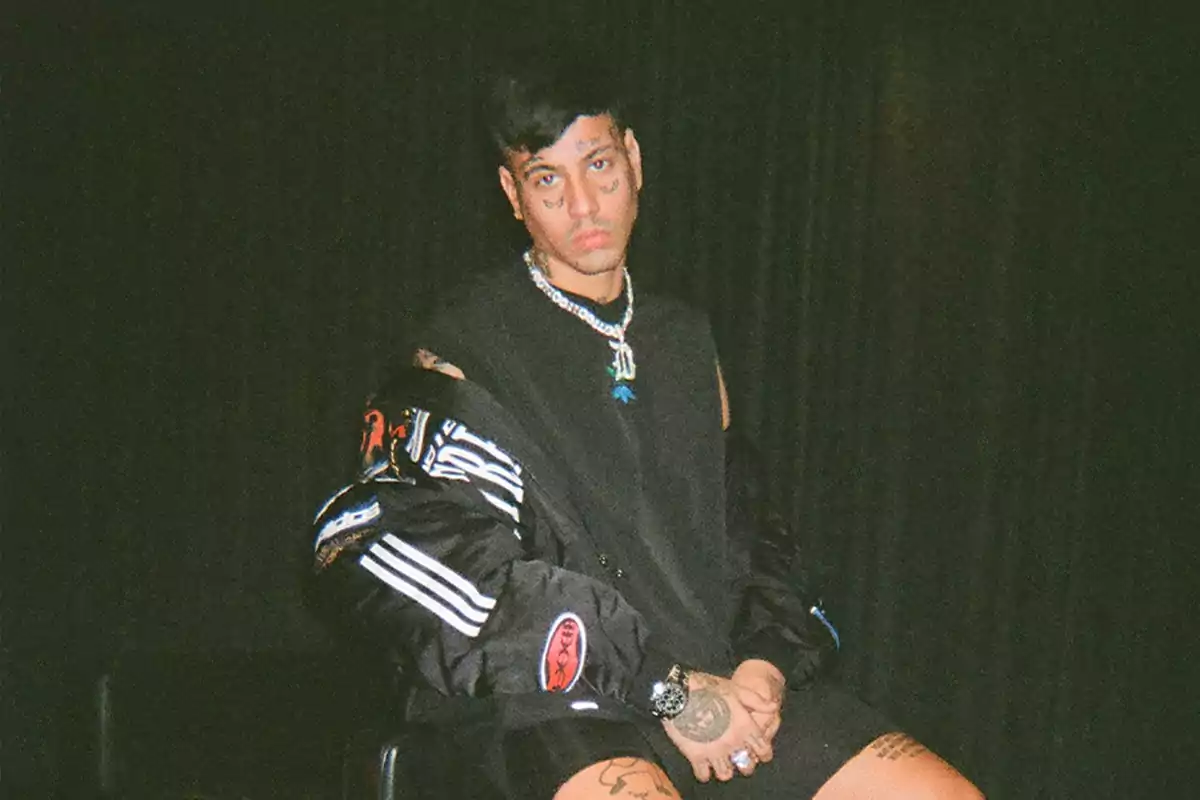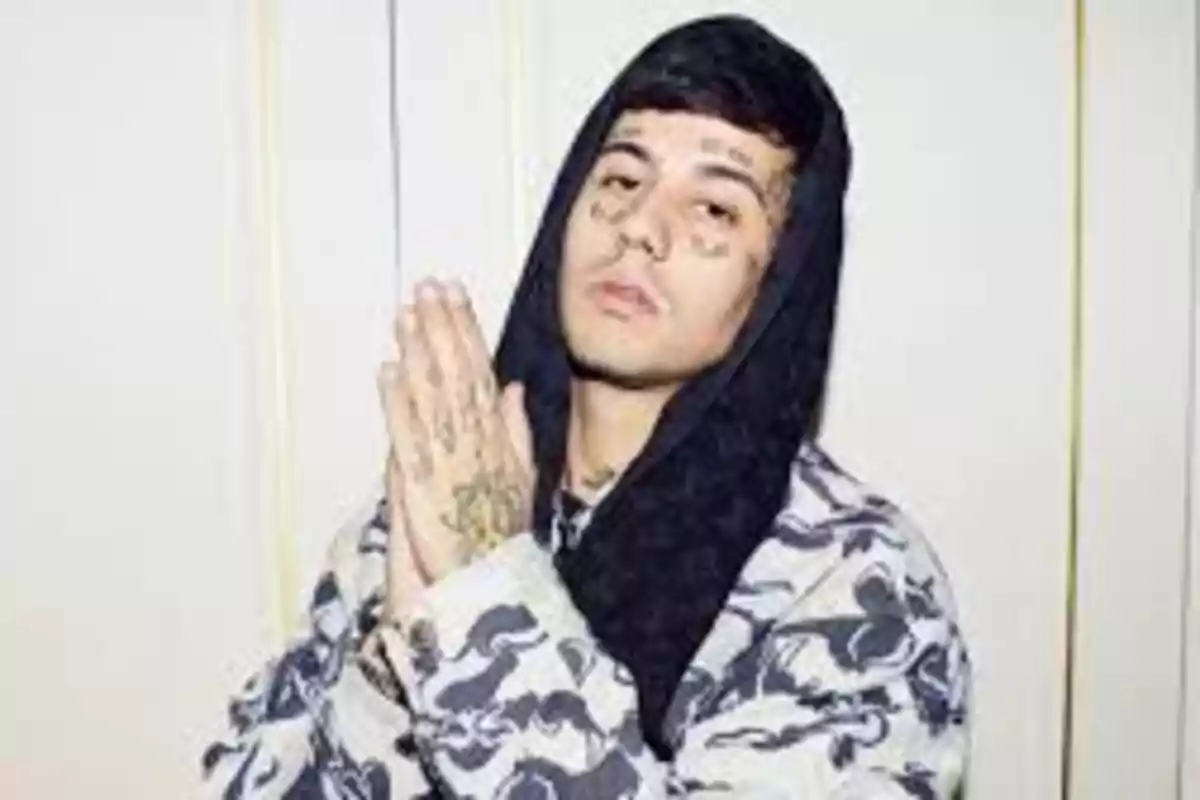
Duki was politically incorrect about happiness, and he was judged on social media.
The artist spoke about anxiety and the identity of new generations, but his statements caused controversy
Duki, one of the most important figures in Argentine trap, is currently on an international tour and has just released a new album. In the midst of this great professional moment, the singer found himself at the center of controversy due to a series of statements.
Everything arose from an interview with the streaming channel Hispa. There, the singer addressed topics such as anxiety, the search for identity, and the pressure to achieve fame.
Mauro Ezequiel Lombardo, his real name, began by reflecting on young people and their difficulty in building their own identity."They reach the age of 20 watching everyone else and want to be everything that others are. So, if at that age you have to work washing dishes, well, man, just deal with it," he said.
Throughout the interview, Duki questioned the motivations behind choosing certain careers. "I know you think you want to be Justin Bieber, because now everyone wants to be famous. They choose music because they want to be famous, or they want to be a streamer, influencer... People want to be famous because they see other people's lives and think that's what's cool," he said.
Duki habló sobre la juventud
The artist also shared a critical view of the entertainment world and the pressure it entails. "I don't know, most of the famous people I know, I don't know if they're happy. I don't think any of them are," he stated.
He then contrasted that perception with his closest circle: "For me, the people I see when I return home are happy: my friends, my family. People who have their plate of food, their family, who maybe don't make it to the end of the month, but have what they really need to live."
However, one of the most talked-about segments was when he referred to mental health and the way young people deal with anxiety. "You have to treat it, but don't just stay in that 'Oh, I embrace anxiety and think I'm misunderstood and that the world is difficult'," he said.

Toward the end, he left a warning about the professional future of new generations: "If we keep going like this, in 20 years there won't be any doctors. It's crazy, but it's true. Everyone will want to be what others are. No one will want to be a street sweeper or work at a kiosk. That is also part of life."
More posts: